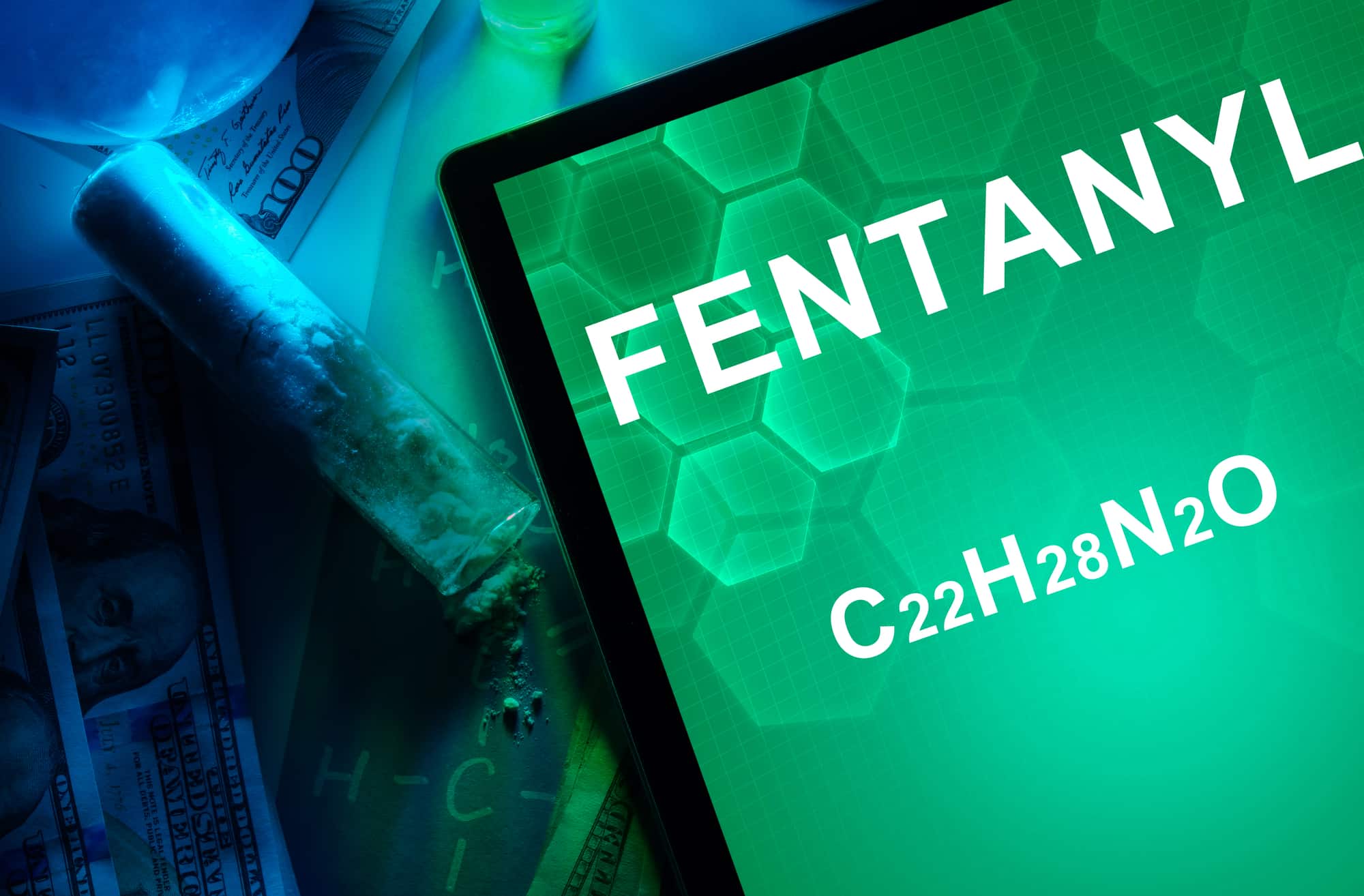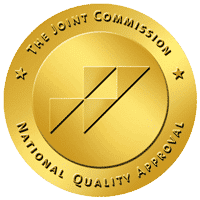
Fentanyl: Everything You Need to Know



One of the most publicized topics in the United States today is the opioid crisis and opioid overdose death, particularly regarding fentanyl.
In 2022, the Drug Enforcement Administration seized over 379 million deadly doses of fentanyl from drug dealers and traffickers, preventing fentanyl overdoses by the thousands.
So, what is fentanyl, and why is it so dangerous?
In this blog, we’ll be looking at the following:

Fentanyl is a powerful synthetic opioid that’s 50 times stronger than morphine. Pharmaceutical fentanyl was made to relieve pain in cancer patients by applying a skin patch or through other means.
Like morphine, heroin, and other opioids, fentanyl binds to your body’s opioid receptors in the areas of your brain that control emotions and pain. When it binds to these receptors, it raises dopamine levels in the reward centers of your brain and causes pain relief, intense relaxation, and euphoria. In medical practice, fentanyl aids with severe or chronic pain relief, such as cancer pain, post-surgery pain, and chronic pain conditions.
Fentanyl is highly addictive due to its potency. Even if you take fentanyl prescribed by your doctor, you can still become dependent upon it, which can cause withdrawal symptoms if you stop taking the drug.
When a doctor provides prescription opioids such as fentanyl, it’s typically offered as follows:
When obtained illicitly, fentanyl usually comes in powder form with crystals that resemble table salt or liquid.
Fentanyl was developed in 1959 by Belgian doctor and chemist Pail Janssen. It was initially an attempt to improve the effects of morphine, making it 100 times more potent while lasting a shorter time. Since the 1960s, it has been manufactured and distributed in the U.S. and used as a painkiller during and post-surgery.
Fentanyl was designed as an intravenous anesthetic or painkiller for severe and chronic pain. It’s most commonly used to reduce pain in post-surgery patients. Due to its potency (more than 100 times stronger than morphine), it provides powerful pain relief for those experiencing extreme pain.
According to the National Institutes of Health, drug overdose deaths rose from 2019 to 2021, with more than 106,000 deaths reported in 2021. Deaths involving synthetic opioids other than methadone (primarily fentanyl) continued to rise, with 70,601 overdose deaths reported in 2021.

When a person misuses fentanyl, it can be incredibly fatal, even in small doses. In its purest form, it comes in a white powder with crystals that resemble table salt.
Since many street drugs are “laced” with other substances, illegal drug markets are beginning to use fentanyl to manufacture heroin. This causes accidental drug overdoses because they don’t realize the heroin they bought contains a lethal dose of fentanyl.
As a medication, fentanyl can be absorbed through the skin via patch form. By doing so, it can enter the bloodstream and exert its pain-relieving effects. Illicit fentanyl is typically in powdered form, making it incapable of absorbing into the skin.
Yes, just like any other addictive substance, fentanyl can create withdrawal symptoms in users when they stop or begin detox. Withdrawal occurs when a person stops using fentanyl after their body has adjusted to it and become dependent on it.
An absence of the substance causes the body to react with withdrawal symptoms which include the following:
Withdrawal symptoms can be uncomfortable and even painful. This can discourage addicts from seeking help. Thankfully, with the proper monitoring and medication, people can minimize withdrawal symptoms as they detox from fentanyl.

Illicitly manufactured fentanyl is often combined with other drugs like heroin, cocaine, and methamphetamine. They’re made to appear as prescription opioid pills and are incredibly dangerous. Users don’t know what exactly they’re taking and the potency.
In medical practice, drugs similar to fentanyl are used to relieve pain, including carfentanil, sufentanil, remifentanil, and alfentanil.
Carfentanil is an analog of fentanyl and is estimated to be nearly 100 times stronger. It’s used in veterinary practice as a sedative for large animals like elephants. Due to being incredibly strong, carfentanil isn’t approved for use by humans.
Sufentanil is a synthetic opioid used in medical practice as anesthesia during surgery, labor, and delivery. It’s highly potent and administered by the intravenous, epidural, and sublingual routes.
Remifentanil is a quick-acting synthetic opioid that works as anesthesia and analgesia. It’s used in situations that require rapid, controlled pain relief, such as surgical operations.
Alfentail is an opioid analgesic derived from fentanyl. It’s used for the induction and maintenance of general anesthesia and works as pain relief during surgical operations and procedures.
If you or someone you know is misusing opioids, especially fentanyl, call Soul Surgery.
We provide an extensive range of drug and alcohol treatment programs that will give you all the tools you need to live an addiction-free life.
We offer various treatment options that focus on physical, emotional, and behavioral health so that you can find treatment fit for you.
Published On: September 1, 2020
Updated On: July 30, 2023







Take the first step in your journey to recovery.
"*" indicates required fields